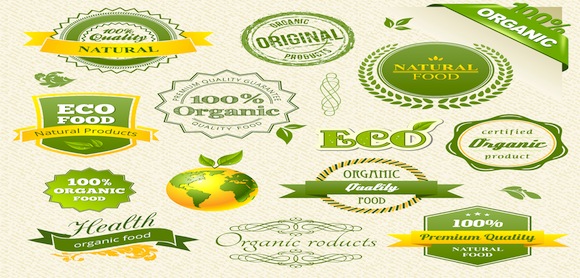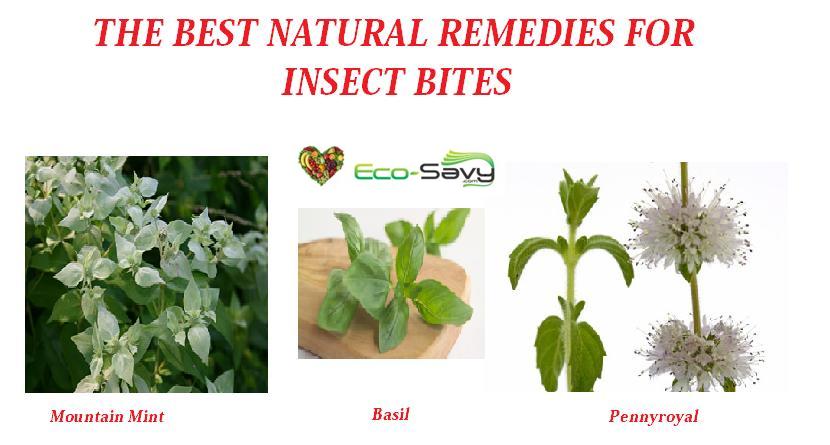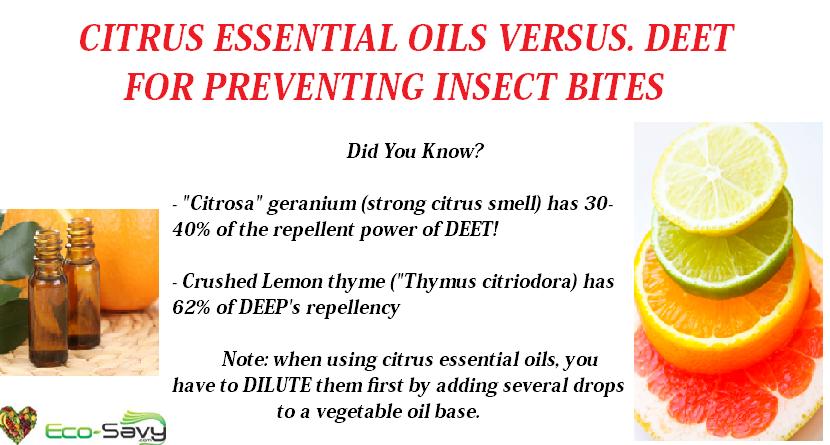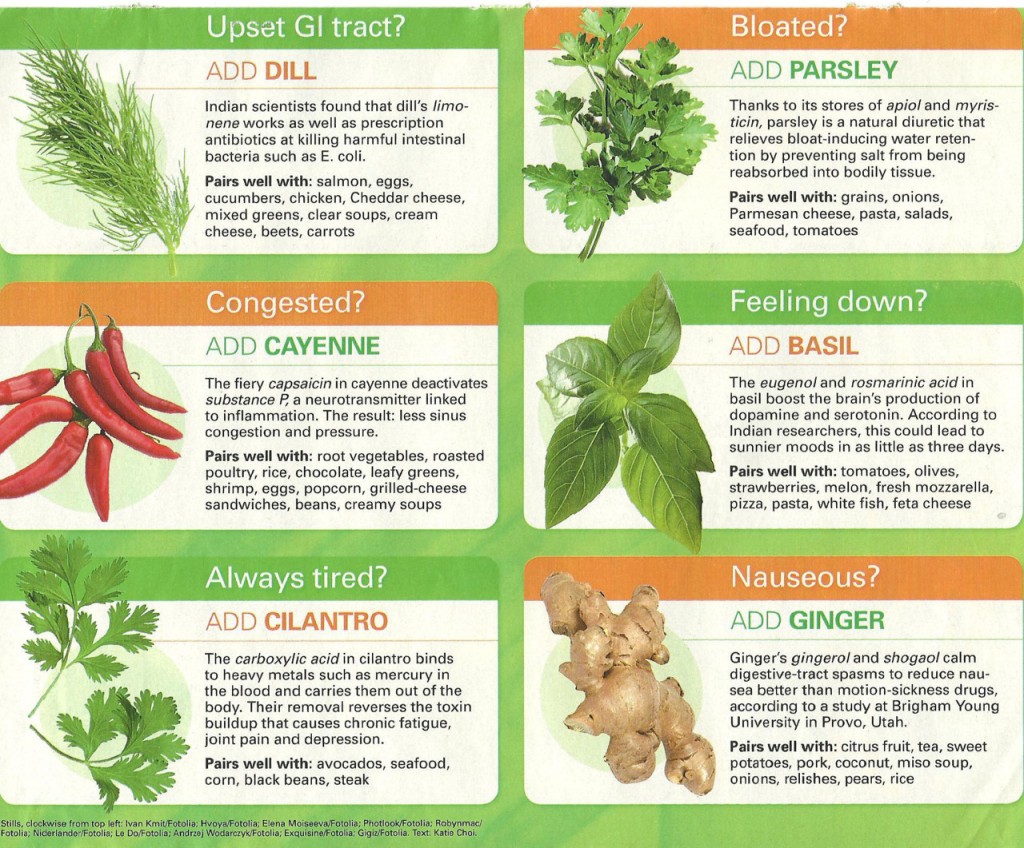Countries Around The World Willing To Pay Extra For Eco-Products – UK Amongst Top!
A recent survey by Nielsen, asked more than 29,000 internet respondents in 58 countries about eco-products and their buying behaviour. Overall, it showed that one in four UK consumers are choosing more environmentally-friendly products despite their higher prices. Also, 3 in 5 consumers in Singapore wait for new products to undergo testing/approval (i.e. to know they are safe/eco-friendly) before purchasing them.

The UK trend reflects a global surge in interest in environmentally friendly products with the proportion of consumers prepared to pay more to protect the natural world more than doubling to 46% last autumn from 22% in spring 2011, according to Nielsen.
Asia-pacific consumers (55%) are the most likely to buy eco-friendly products regardless of price, followed by their counterparts in Middle East/Africa (51%), Latin America (46%), Europe (37%) and, finally, North America (30%). The global average is 46%.
Indian and Vietnamese consumers are the most likely (both 71%) to choose more eco-friendly options, despite the extra cost, followed by Turkey (68%).
Some 60% of Russians say they let environmental concerns determine which products they buy, putting them amongst the most likely Europeans to do so. This is around twice as many as in other key European economies such as Italy (34%), Sweden (32%), Germany (28%), France (25%) and Spain (23%).
Read more by clicking below…






